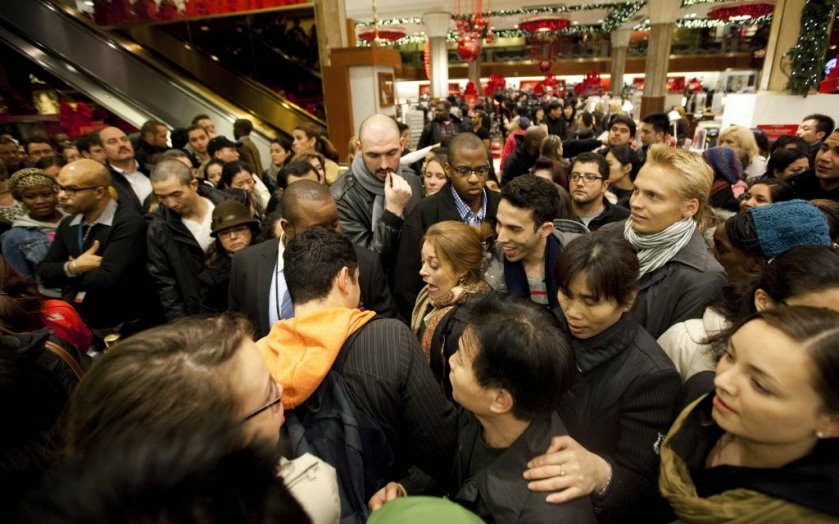So I just watched a documentary which investigated whether or not University is really worth it. It means different things to all people. Some people see it as a way to advance in their careers, some people do it because everyone else is going and others go for the love of a subject and a respect for learning.
In the past in the British education system university was free and only the chosen few were able to enjoy the highs and lows of higher education. Contrastingly, university has in the last 15-20 years something lots of people aspire to and can experience.
With the proposed massive hikes in tuition fees to nearly three times what they are currently will this discourage people from poorer backgrounds? The new coalition government in the UK has also scrapped maintenance grants for those who come from poorer backgrounds. With the series of student protests the government members of parliament still chose to potentially charge people thousands of pounds a year for higher education, which 25 years ago was free.
Therefore it is increasingly important that people chose their degrees carefully, how will it help you? University is not just about what you study, its about life skills, relationship building, networking and learning about yourself. Could you do an apprenticeship instead? Could you seek a scholarship to pay you're university fees. So look at alternative funding sources, make sure that the choice is right for you and make sure that your course is a return in your investment both literally and metaphorically.

















